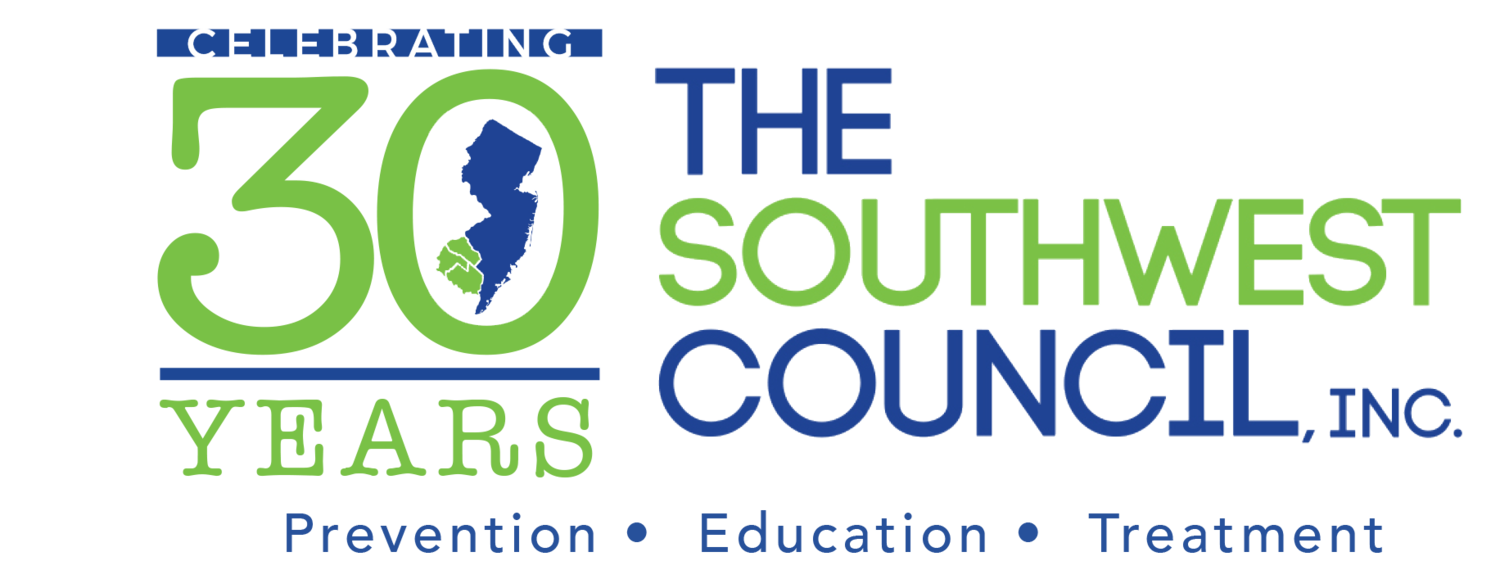by: Kevin Allen Jr.
There have been a lot of uncertain times in the early months of 2020, most recently the shaking pandemic of the COVID-19 virus worldwide. There has been a lot of suggestions on how to help slow the spreading of this disease, such as thoroughly washing hands, sanitizing and disinfecting common/high traffic areas, and one of the most discussed suggestions, social distancing; if you would like to know more about what you can do to stop the spread, you can find a full list of suggests by reviewing guidelines from the CDC at https://www.cdc.gov/coronavirus/2019-ncov/index.html. Social distancing is the idea that individuals remain out of congregate settings, avoiding mass gatherings, and maintaining distance (approximately 6 feet) from others when possible (CDC, 2020). While social distancing is an extremely useful practice to slow down the spread of the COVID-19 virus, how might isolation affect an individual’s drinking habits in the future?
In 2015, a study found that early social isolation within rats, specifically regarding social play, increases the risk for addictive behavior during their adulthood (Lesscher et al., 2015). During childhood, one group of rats were socially isolated from other rats for the first 42 days after birth, and another group was left within a natural social environment during the same time period. During adulthood, the rats were monitored for their voluntary alcohol consumption. It was found that the rat group that experienced social isolation (the experimental group) consumed higher levels of alcohol when compared to the rat group that had no social isolation (the control group), showing researchers that early social isolation may lead to increased alcohol consumption in adulthood.
So what does this experiment mean for us non-rat species? Well it means that there is a link between lack of early social interactions and negative adulthood drinking patterns. It is important that during this time of advised social isolation youth are encouraged to interact with their peers in a safe way, for example via phone, text or online. Interactions with peers can still be accomplished, but it is our responsibility as caregivers to make sure that our youth’s interactions are safe during the COVID-19 pandemic. As parents, this may be a good time to have important conversations with youth about alcohol or other substances and the negative effects they can have on an individual’s health. Having conversations about sensitive topics, such as alcohol and drug abuse, is not an easy task, but by having these conversations with our youth, it can allow them to become more informed about the risks of substances moving forward into adulthood.
At the Southwest Council, we provide a plethora of community services revolving around the prevention of alcohol, tobacco, and other drug abuse, including in-school evidence-based prevention curricula, community prevention initiatives, active coalition teams and youth groups within Cumberland, Gloucester, and Salem counties, and much more. We provide multiple outlets of education to adults and youth alike, thus equipping individuals with the facts surrounding substance abuse, which may help individuals have the difficult conversations about alcohol and drugs with youth or peers. If you wish to learn more about the Southwest Council, you can visit us at www.southwestcouncil.org, visit the Southwest Council Facebook page, or by giving us a call at (856)-794-1011.





